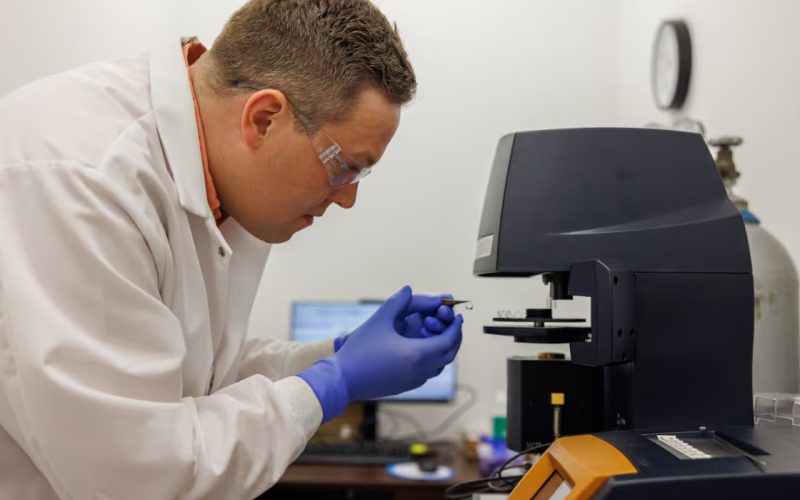Orbital Materials, a developer of advanced materials using artificial intelligence, has announced a strategic partnership with cloud computing firm Civo to pilot carbon removal technology at a UK-based data centre. The initiative aims to support the development of more sustainable and efficient infrastructure within the data centre sector.
The announcement comes amid growing global policy focus on artificial intelligence and sustainability, including the UK government’s recently published AI Opportunities Action Plan.
Data centres currently contribute around 1% of global greenhouse gas emissions, with forecasts by Morgan Stanley suggesting the sector could generate approximately 2.5 billion tonnes of CO₂-equivalent emissions globally by the end of the decade.
As part of the collaboration, Civo will host Orbital’s carbon removal technology at its data centre, providing facilities and computing infrastructure to test and develop further decarbonisation solutions. Orbital’s system, which reportedly offers a tenfold improvement in carbon capture performance over conventional materials, will undergo on-site deployment and testing by late 2025.
Jonathan Godwin, CEO and Co-Founder of Orbital, said: “We are excited to partner with Civo to deploy our carbon removal technology for data centres which will help the data centre industry transition to a more sustainable future. Our partnership with Civo will accelerate the development of our data centre decarbonisation and efficiency technologies.”
In addition to access to its facilities, Civo will provide Orbital with a high-performance compute cluster equipped with H200 NVIDIA GPUs to support the firm’s AI model training and research activities.
Mark Boost, CEO of Civo, added: “With the growing investment in UK data centres and the UK government’s AI action plan, we must implement solutions now to reduce the environmental impact of the UK’s expanding data centre capacity.”
Orbital’s AI-driven research facility in Princeton, New Jersey, focuses on accelerating the development of critical materials such as semiconductors, batteries, and catalysts—components essential to future technological innovation. By leveraging AI, the company aims to overcome the traditionally slow pace of materials discovery and development.




















